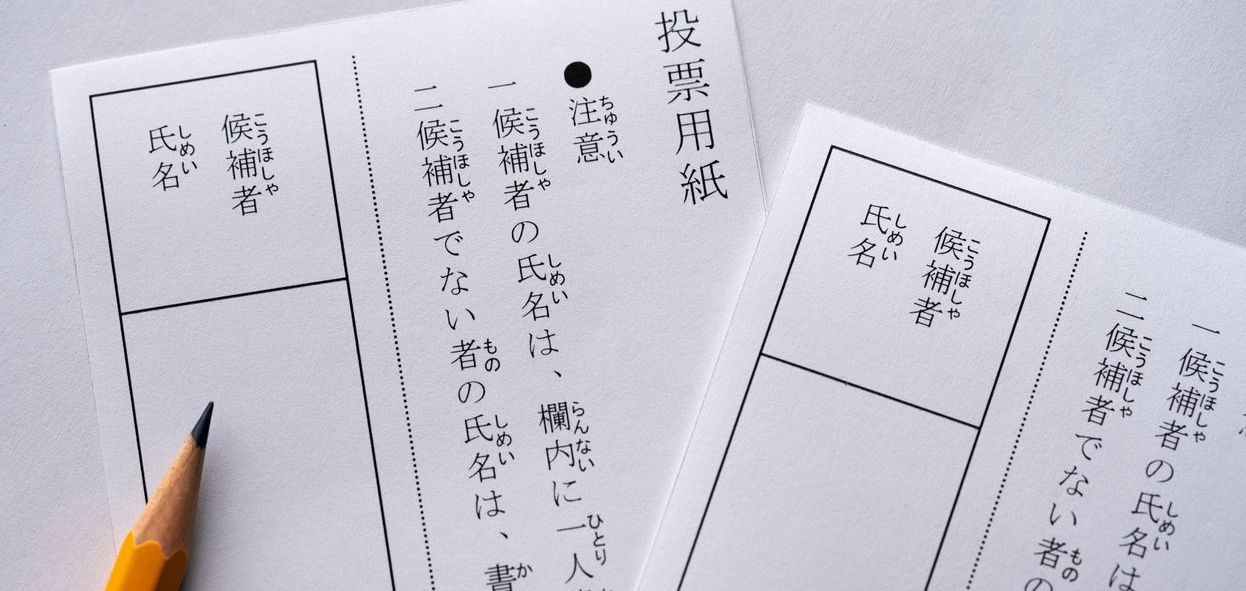2025/08/18
House of Councillors Election Exposes Japan’s Social Fault Lines: Disillusionment Rejects Political Stability

In the recent House of Councillors election, the ruling coalition suffered a crushing defeat, losing its majority. While the government was already on the defensive over key issues such as rising prices, the rice supply controversy, and scandals involving politics and money, the emergence of a new right-wing party, by framing the “foreigner issue,” dramatically shifted the nature of policy debate. Their message— “Japan First”—was simple, exclusionary, and resonated with traditional conservatives as well as many younger voters who have come of age during Japan’s so-called “Lost Three Decades,” a period of prolonged economic stagnation. The decline of the ruling coalition and established parties reflects the frustration of those left behind by globalization, as well as the sense of a “cheapened Japan,” consumed and exploited by affluent foreigners.
On social media, falsehoods spread rapidly. Among the most widely circulated false claims were: “30% of welfare recipients are foreigners” and “Crime has increased due to immigration.” The facts tell a different story. As of 2020, only 3.36% of welfare households were foreign nationals. In 2024, the number of foreign nationals apprehended for criminal offenses under the Penal Code was down 64% compared to 2005. Crime rates were 0.22% for Japanese citizens versus 0.41% for foreign residents, but when differences in age distribution and residential patterns are accounted for, that 0.2-point gap is not a meaningful difference.
And what about the claim that “Japanese wages aren’t rising because of foreigners”? The main drivers are declining labor share, low labor productivity, and the increase in non-regular employment. Looking at employment by visa category, sector, and labor supply-demand conditions, it is immediately clear that foreign workers and Japanese workers are not, in most cases, competing for the same jobs.
On July 22–23, at the “GDS2025 Global Digital Summit” hosted by Nikkei Inc., Audrey Tang, Taiwan's cyber ambassador-at-large, warned: “Extreme views are amplified through social media, authoritarianism is rising, and democracy is at risk.” Tang emphasized the importance of “visualizing diverse opinions through digital technology to enable consensus building” (Nikkei, July 23). During the campaign, the ruling coalition, on the defensive, hastily established an Office for the Promotion of an Orderly Coexistence Society with Foreign Nationals within the Cabinet Office. It was a necessary step, but one that was somewhat belated. What is urgently needed now is a cross-party effort to develop a grand design and institutional framework for multicultural coexistence.
Now, in this election, a candidate from the ascendant party reportedly remarked, “Nuclear weapons are cheap.” I cannot guess the exact intent—perhaps an exaggerated assertion of their deterrent value. Still, it is not something a politician from the world’s only nation to have suffered atomic bombings should say publicly.
On July 20, I saw a performance of “Yunagi no Machi, Sakura no Kuni” (Town of Evening Calm, Country of Cherry Blossoms) (original work by Fumiyo Kouno, adapted and directed by Toshiyuki Morioka), thanks to a friend whose daughter was performing. Ten years after the bombing, a young girl lying on her deathbed utters a line that conveys her deep frustration at having her future stolen by this weapon: “Does it make you happy? When the person who dropped the atomic bomb sees me, do they think to themselves, ‘Good, that’s one more I’ve managed to kill’?”
A single atomic bomb dropped on Hiroshima claimed 140,000 lives by the end of 1945. As of August 6, 2024, the registry of atomic bomb victims contains 344,306 names.
Takashi Mizukoshi, the President
This Week’s Focus, July 20 – 24, 2025